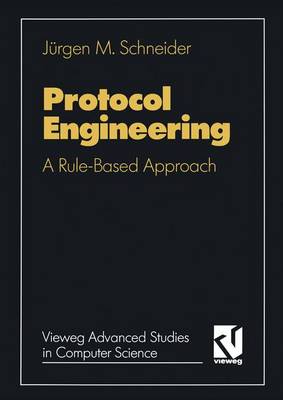Vieweg advances studies in computer science
1 total work
v ------------------ Foreword It is now over twenty years since the first efforts were made to interconnect computers for the exchange of data. In the 1970s proprietary networking architectures, such as IBM's SNA, were developed and installed at many customer sites worldwide. At the same time the ARPANET in the United States became a research vehicle providing many new insights, in particular into packet switching technology and routing algorithms. In the 1980s the Interconnection of heterogeneous eqUipment was a domi- nating issue: ISO published the Reference Model for Open Systems Intercon- nection (051) and many new standards for the protocols of layers 4 to 7. In parallel the INTERNET community developed a new generation of protocols, the TCP liP protocol stack, in order to enable worldwide data interchange for scientists. Powerful workstations and PCs are now installed on many desktops because decentralized computing is often much more user friendly and cost effective than traditional mainframe computing. Yet access to shared information and resources is still required, creating a strong demand for interconnecting heterogeneous computers. Applications such as electronic mail, file transfer, Client/server configurations and manufacturing automation are now in widespread use, with computer eqUipment from dif- ferent vendors. The network has really become the computer. In recent years the incredible advances in optical fiber technology have created a new physical medium for data transmission, with very high band- width and a very low bit error rate.
